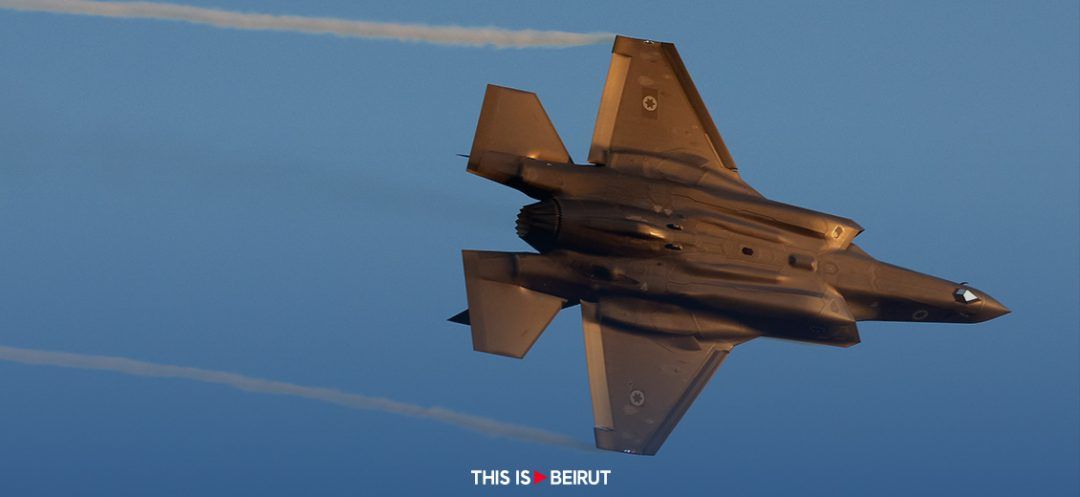- Home
- War in the Middle East
- UK Government Pressured to Suspend Israeli Arms Export Licenses

©(Photo by JACK GUEZ / AFP)
Mounting pressure is being directed towards the UK government on Wednesday, urging it to halt arms export licenses to Israel. This call came in response to an Israeli strike that tragically claimed the lives of three UK citizens and four individuals employed by World Central Kitchen (WCK) in Gaza.
The UK government faced growing pressure Wednesday to suspend arms export licenses to Israel, after an Israeli strike killed three UK citizens and four others, all working for a food charity in Gaza.
Britain's strategic licensing criteria states that weapons should not be exported when there is a "clear risk" they could be used in international humanitarian law violations.
London has approved over £487 million ($614 million) of weapon sales to Israel since 2015 in so-called single issue licenses, while companies export more under open licenses, according to arms control groups.
That includes contributing key equipment worth tens of millions of pounds for F-35 fighter jets made in the United States and sold to Israel, they say.
On Wednesday, two days after the Israeli strike killed the seven staff members of US-based food charity World Central Kitchen (WCK), two UK opposition parties and various individual lawmakers renewed demands the government suspend the exports.
They included former UK national security adviser Peter Ricketts, who now sits in Britain's unelected upper chamber, the House of Lords.
Ricketts said there was "abundant evidence now that Israel hasn't been taking enough care to fulfill its obligations on the safety of civilians."
The Scottish National Party, which has 43 MPs in the House of Commons, even urged Parliament to be recalled from its Easter break to debate and vote on the issue.
But Prime Minister Rishi Sunak appears unswayed by the demands, telling The Sun tabloid on Wednesday that London has a "careful export licensing regime."
"There are a set of rules, regulations and procedures that we'll always follow," he said, without providing further detail about how it had been applied against Israel's recent conduct.
Foreign Secretary David Cameron has faced repeated calls to publish internal legal advice from within his ministry about the arms exports.
But the Foreign Office has so far declined to do so.
If it decided there was now a clear risk the arms might be used by Israel in "a serious violation of international humanitarian law," Cameron would recommend the Department for Business and Trade suspend the licenses.
The main Labour opposition—widely predicted to regain power for the first time since 2010 at an election expected later this year—has urged the government to publish the internal legal advice.
With AFP
The UK government faced growing pressure Wednesday to suspend arms export licenses to Israel, after an Israeli strike killed three UK citizens and four others, all working for a food charity in Gaza.
Britain's strategic licensing criteria states that weapons should not be exported when there is a "clear risk" they could be used in international humanitarian law violations.
London has approved over £487 million ($614 million) of weapon sales to Israel since 2015 in so-called single issue licenses, while companies export more under open licenses, according to arms control groups.
That includes contributing key equipment worth tens of millions of pounds for F-35 fighter jets made in the United States and sold to Israel, they say.
On Wednesday, two days after the Israeli strike killed the seven staff members of US-based food charity World Central Kitchen (WCK), two UK opposition parties and various individual lawmakers renewed demands the government suspend the exports.
They included former UK national security adviser Peter Ricketts, who now sits in Britain's unelected upper chamber, the House of Lords.
Ricketts said there was "abundant evidence now that Israel hasn't been taking enough care to fulfill its obligations on the safety of civilians."
The Scottish National Party, which has 43 MPs in the House of Commons, even urged Parliament to be recalled from its Easter break to debate and vote on the issue.
But Prime Minister Rishi Sunak appears unswayed by the demands, telling The Sun tabloid on Wednesday that London has a "careful export licensing regime."
"There are a set of rules, regulations and procedures that we'll always follow," he said, without providing further detail about how it had been applied against Israel's recent conduct.
Foreign Secretary David Cameron has faced repeated calls to publish internal legal advice from within his ministry about the arms exports.
But the Foreign Office has so far declined to do so.
If it decided there was now a clear risk the arms might be used by Israel in "a serious violation of international humanitarian law," Cameron would recommend the Department for Business and Trade suspend the licenses.
The main Labour opposition—widely predicted to regain power for the first time since 2010 at an election expected later this year—has urged the government to publish the internal legal advice.
With AFP
Read more



Comments